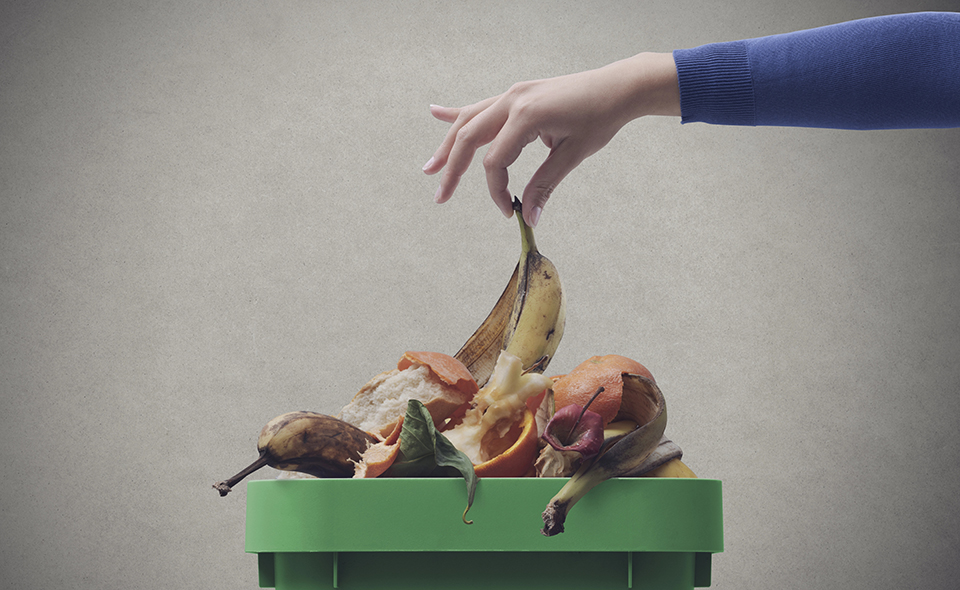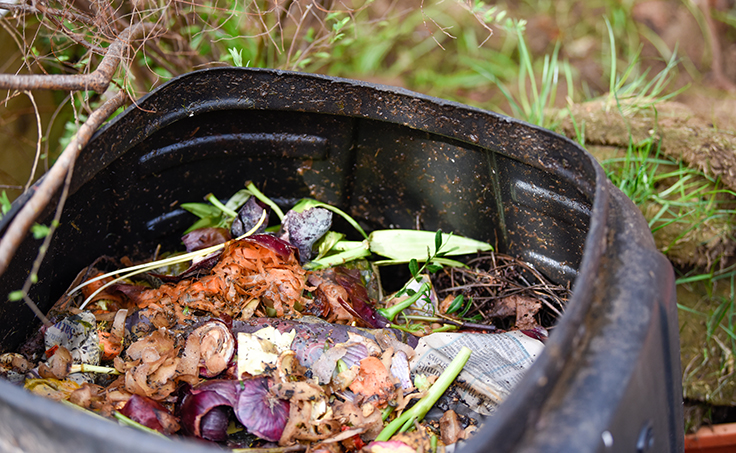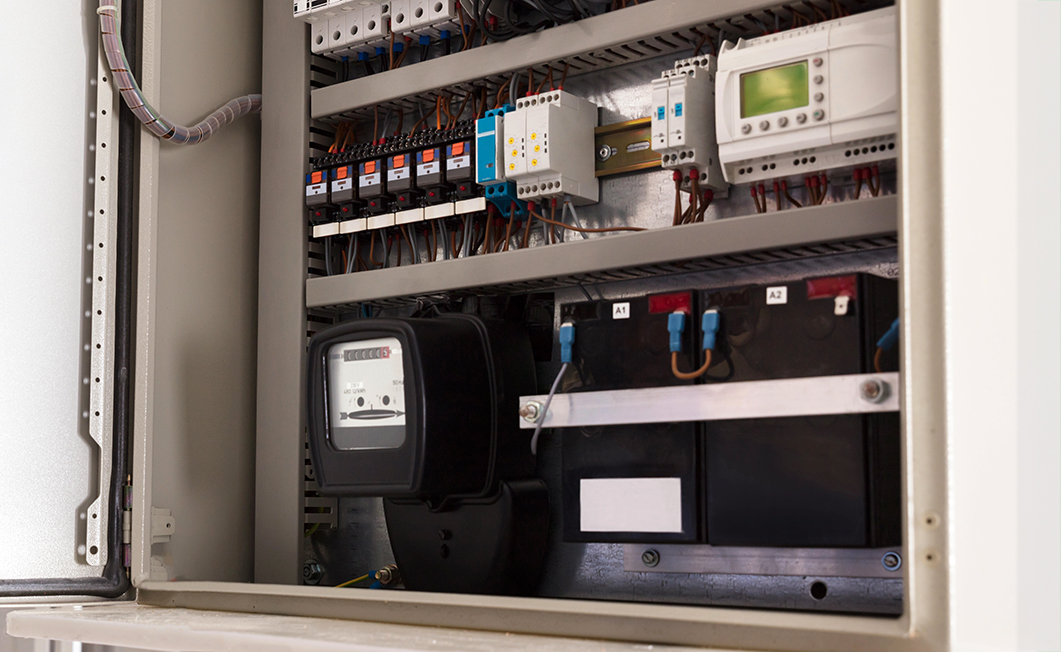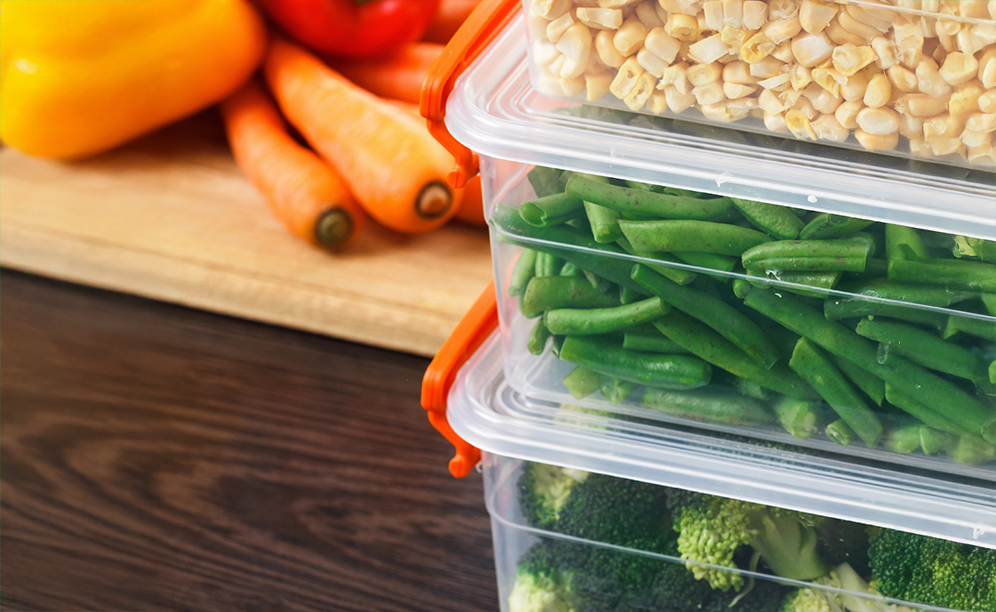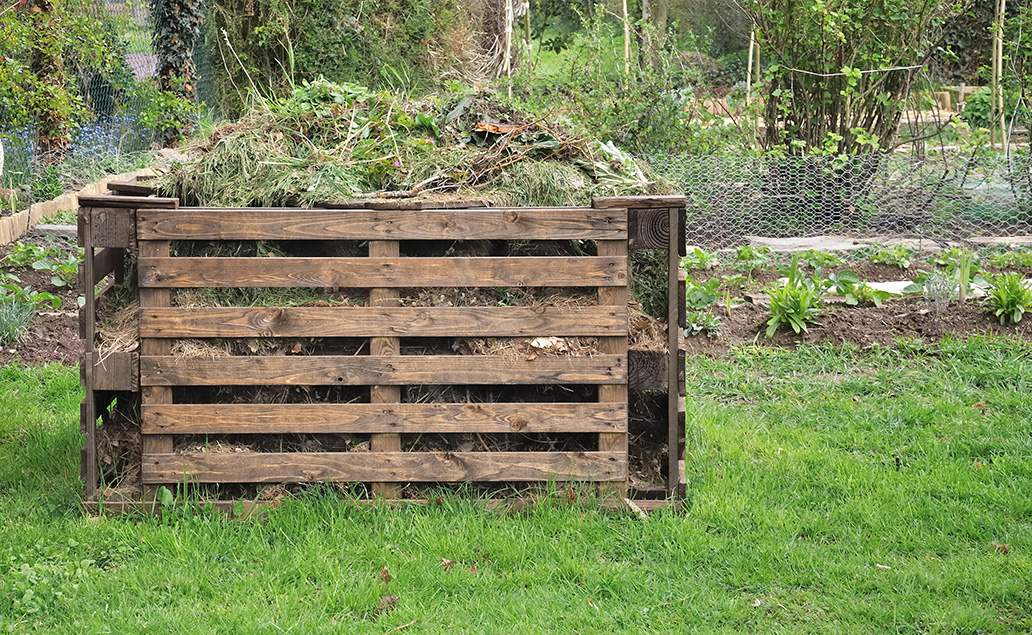Get Wiser
The Leaf – Issue 19 – Wiser on Waste and Drayton’s Next Energy Upgrades Announced
It’s been a mixed end of the first quarter of the year for many. Communities across the UK have enjoyed the first wave of mood-boosting, sunny weather, but also felt the sting of rising energy costs at the start of April, driving up the costs of other day-to-day essentials.
Our revitalised net zero roadmap is progressing at a sure and steady pace, and we have a busy few months ahead to bring vital, energy-reducing upgrades to life, as well as ensuring new legislation is followed.
Fighting the Effects of Food Waste
At the end of March 2025, new food waste management legislation came into force across the UK. While this mostly affects businesses, you might have new food waste measures in your local area, where food waste may now (or soon) need to be kept and collected separately from general waste (if it wasn’t already a requirement by your local council).
What’s the issue with food waste?
According to experimental statistics by the Department for Environment, Food and Rural Affairs, it’s thought that 6% of the UK’s total greenhouse emissions are because of food waste in landfill, highlighting the importance of proper management and the benefits to the environment this could bring.
What will the new rules do?
The aim of the new measures is to keep food waste separate for better management and disposal, protect dry mixed recycling from contamination by food waste so that more can be utilised, and reduce the amount of organic matter ending up in landfill, where it results in the emission of methane – a greenhouse gas – as it biodegrades.
How are we managing our food waste at Drayton?
Here at Drayton, we’ve been sending much of our food waste to the compost heap of our biodiversity garden since it was opened nearly 3 years ago, and we will continue to compost as much of our food waste as possible, reusing it to nurture the growth of the garden’s plants.
However, as a large site, our food waste is sometimes more than our compost bin can handle! We welcome the new waste legislation which will encourage more businesses to compost their food waste, and ensure better management of food waste, as part of safeguarding our environment.
Read on for our top tips to reduce, reuse and recycle your food waste at home!
Let There Be Low Carbon Light
The Drayton site in Plymouth will soon undergo major lighting upgrades to convert all exterior lighting to LED, ensuring the impact of exterior lighting on our energy use is minimised whilst ensuring our site’s safety and security.
100% of our site’s electricity comes from low-carbon, renewable energy sources, so this long-lasting and low-energy LED upgrade will further improve site efficiency to align with our net zero goals.
More Energy Intelligence
Other plans for Plymouth include enhanced energy metering using sub-metering, which will allow us to better monitor exactly where the most energy is used on our site, giving us more power to identify opportunities to reduce our carbon footprint and boost efficiency, just like monitoring your smart heating room-by-room.
Drayton’s Tips: Get Greener About Food Waste
Just like any waste, we can think about that all-important slogan - Reduce, Reuse, Recycle.
- REDUCE
Fundamentally, reducing the amount of food waste we produce is our first go-to, which can be achieved by:
- Planning food shopping and meals to reduce waste and even your monthly spend.
- Storing food more effectively in airtight containers to prolong usability.
- Remember ‘Best before’ dates concern quality, and ‘Use by’ dates concern food safety.
- REUSE
Before throwing those leftovers away, think about how it can be reused:
- Many popular dishes can help use up leftovers, like soups, stir-fries, salads, stews and more.
- Freezing leftovers or short-dated food to reuse later.
- Got something you won’t use? Donate non-perishables to your nearest food bank.
- RECYCLE
When something’s no longer usable for food, like veg peelings, know your options to reduce carbon emissions and live more sustainably:
- Composting food waste at home, a friend or family member’s home, or check if your community has a composting program.
- Food waste can be converted to biogas, a renewable energy source, using an anaerobic digester.
- Some food scraps can be fed to animals like chickens, pigs and goats.
We’re sure to see a healthy mix of sun and showers through UK springtime, but we hope you’ll enjoy the great weather all the more despite it and have found our tips helpful, as we all find ways to live and work more sustainably to protect our environments. The Leaf will return in a couple of months with our next set of sustainability news, updates, and tips.

